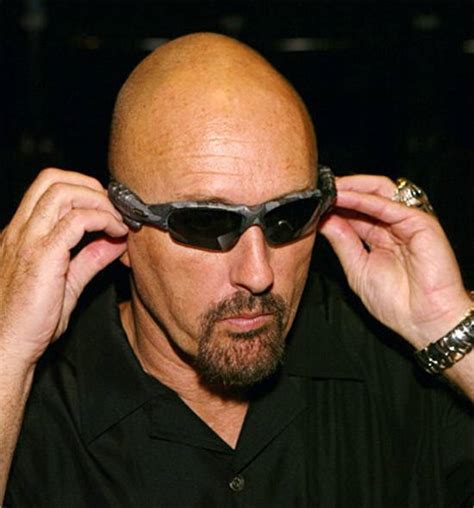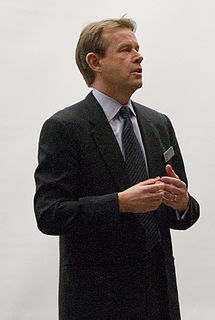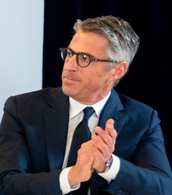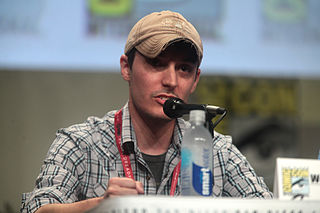A Quote by James Jannard
The concept of Red was to build a camera with as much capability as possible... for the professional market. Then we thought we could extend it down a bit to the prosumer level. Apparently, that was a mistake.
Related Quotes
If you increase the number of rockets you build and you buy, then it's the scale of the economy, the price is going to come down. It may not come down in order of magnitude, but if several commercial ventures start being successful and there becomes a bigger market for these rockets, the price will naturally come down a bit. That's why I think Excalibur Almaz, we're a little bit unique in that we don't look at our so-called competition with disdain, we want them to succeed and it needs to have more than one player. Even if we are successful, we couldn't handle the entire market ourselves.
You can build the most important companies in history with a very simple to describe concept. You can market products in less than 50 characters. There is no reason why you can't build your company the same way. So force yourself to simplify every initiative, every product, every marketing, everything you do. Basically take out that red and start eliminating stuff.
I was the strongest during my career, and that helped me a lot, definitely in the beginning, when I needed to race against riders who were much older than me and had the power and the experience. I could beat them with my technique. At a certain moment I not only had the technique but then the power came and the experience, and then you are on the best level that you ever can reach. But then the explosivity starts to go down, you're more afraid, and the technique goes down a bit. But it's OK, because it never goes completely down.
The difference between an amateur and a professional photographer is that the amateur thinks the camera does the work. And they treat the camera with a certain amount of reverence. It is all about the kind of lens you choose, the kind of film stock you use… exactly the sort of perfection of the camera. Whereas, the professional the real professional – treats the camera with unutterable disdain. They pick up the camera and sling it aside. Because they know it’s the eye and the brain that count, not the mechanism that gets between them and the subject that counts.
There was actually a camera on your face. I don't know so much about the animation process but the camera was in our face so it could get expressions from our faces that would eventually arrive on the gnomes. It almost felt like you were cheating at times because it was a wee bit too much fun. You were in that box on your own. Kelly [Asbury] was in Toronto, I was in LA, so I was just on my own. I thought: "I can't be getting paid for this as well!"
People thought they were going to make a lot of money. And then at one point, it got too hot, and the government wanted to knock it down. Trying to get it up and then knock it down, both were a mistake. And part of the reason, some people think, is that they wanted to equitize some of their companies. A healthy stock market helps equitize companies and reduce the country's debt burden.
I first heard the banjo on the Beverly Hillbillies, and from then on I was banjo-conscious. But I didn't actually get one until my grandfather gave me one, almost by mistake. He knew I was playing a little bit of guitar. He saw a banjo at a flea market and bought it. I took it home with me and just never put it down. I was fifteen.



































